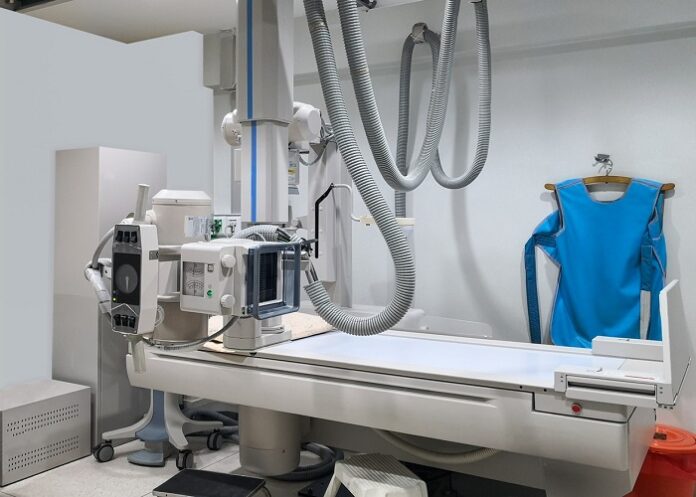A new radioactive therapy offers hope to people with hard-to-treat brain cancer, with the first patient signed up to the British clinical trial having seen his deadly brain tumour shrink by half.
The trial, being undertaken by doctors at University College London Hospitals NHS Foundation Trust (UCLH), targets glioblastoma, a cancer which kills most patients within 18 months.
The scientists said their aim was to cure the disease through injecting low levels of radioactivity directly into the tumour to kill off cancer cells, reports The Independent.
Some glioblastoma tumours may respond well to immunotherapy, but there is currently no way to assess this without an invasive brain biopsy, which carries the risk of infection and bleeding.
As a result, biopsies are rarely carried out for glioblastomas before surgery to remove the tumour.
Now, researchers have developed an imaging technique which can help spot who will benefit from immunotherapy drugs without the risk of the biopsy.
Paul Read, (62), the first patient to take part in the trial, has seen his tumour shrink to half its original size in just a matter of weeks.
For the procedure, surgeons removed as much tumour as possible before implanting a small medical device called an Ommaya reservoir under the scalp, which connects to the tumour via a small tube.
The nuclear medicine team at UCLH then inject a drug – ATT001, an Iodine-123 labelled PARP inhibitor – directly into the tumour, delivering small amounts of radioactivity.
The drug is given weekly for four to six weeks and is very potent over short distances, causing lethal damage to tumour cells while sparing healthy tissue.
A second patient has also just started the therapy.
The trial was designed by UCLH consultant medical oncologist Dr Paul Mulholland, who is also the chief investigator, and sponsored by Ariceum Therapeutics, a private biotech company developing radiopharmaceutical products for hard-to-treat cancers.
Mulholland said the treatment so far has been very straightforward.
“The radioactivity in the drug targets the tumour cells specifically – it’s a tiny amount of radioactivity. So far, the first patient’s tumour has reduced by 50% in size… which is really remarkable for somebody whose tumour is so aggressive.”
Medics are treating one patient a month in the first phase of the trial but will expand it to include more patients.
Mulholland said the dose of radiation would be increased throughout the trial and the plan is then to combine it with an immunotherapy – which trains the body’s own immune system to kill cancer – with up to 40 patients treated.
See more from MedicalBrief archives:
Immunotherapy combination shows early promise in glioblastoma
Scientists hail breakthrough cancer treatments
Drug starts clinical trials in human brain-cancer patients
